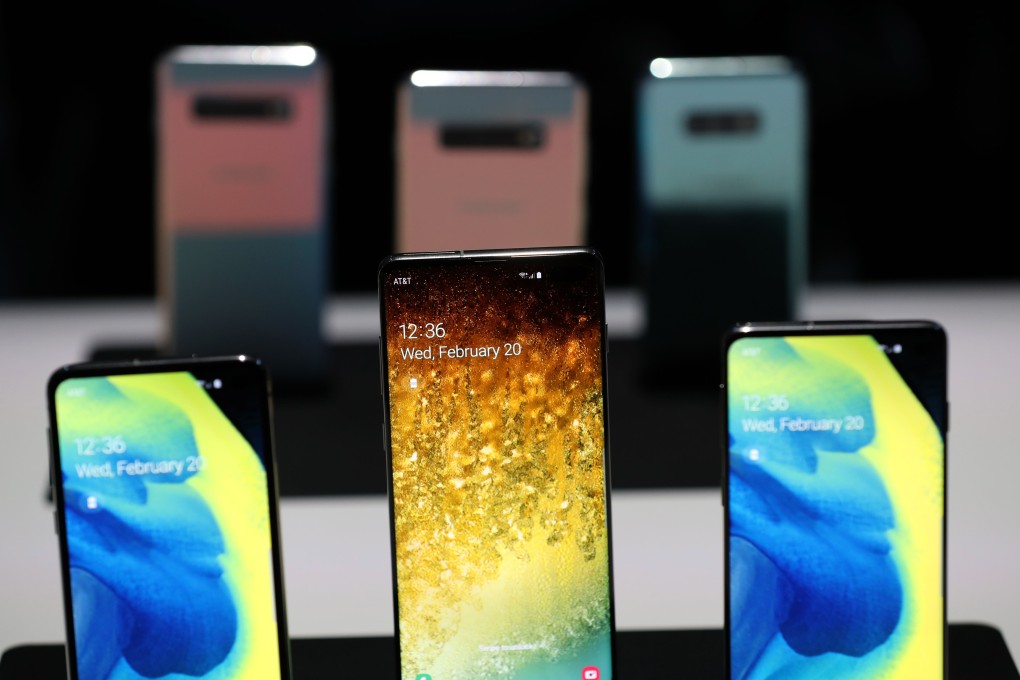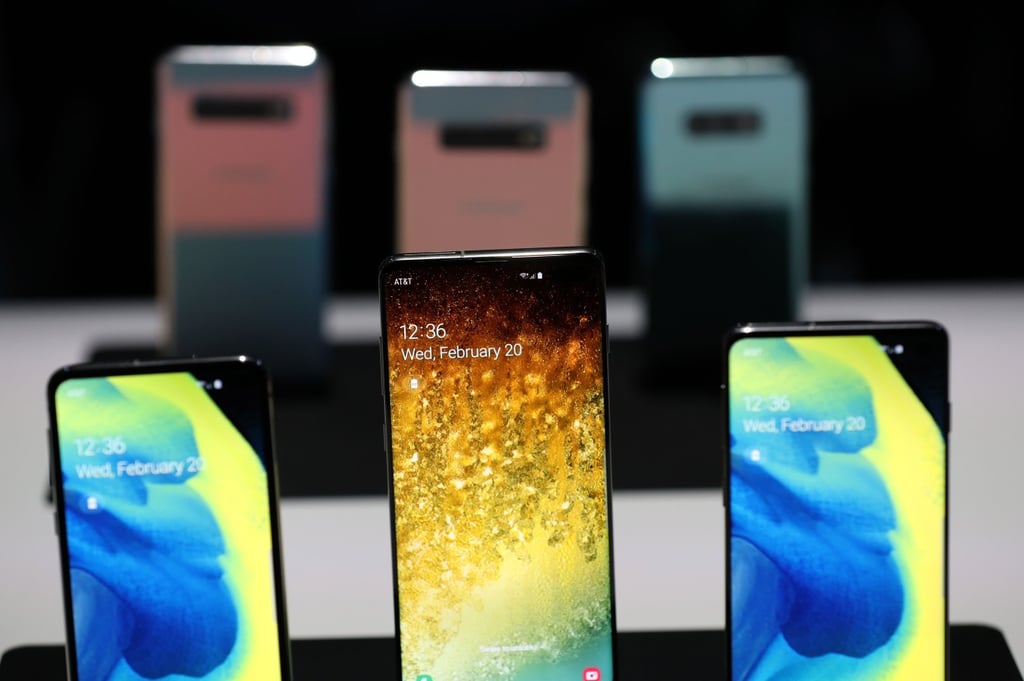Why are Samsung smartphones talking to servers in China?
Galaxy 10+ user finds that Samsung’s Device Care tool is powered by Chinese cybersecurity firm Qihoo 360


Qihoo 360, China’s biggest cybersecurity firm, wants to become China’s cyberwarfare defender
The story of China’s Great Firewall, the world’s most sophisticated censorship system
The app is meant to be an optimization tool that scans Samsung phones to find out which apps are draining the battery or what files are taking up the most storage space. Since it’s a system app, it’s not easy to get rid of, either. It’s built into the phone’s operating system, so it would require using an Android developer tool on a computer or having a rooted device to remove.
It’s also not clear what data might be transferred when communicating with Qihoo servers. A Samsung representative told us that the storage tool uses a junk file database maintained by Qihoo. The company reiterated that no personal information is transferred outside of a user’s phone. The scanning and removal of junk files are done solely by Device Care on the phone itself.
Samsung makes a second foldable phone, but it’s only available in China
Joe Chau, managing editor of the Hong Kong-based cybersecurity news platform wepro180, said it’s understandable that Samsung and other Android phones have to communicate with various servers to receive updates. But he also said it’s very difficult for ordinary users to determine what files or data their phones have shared with outside servers. It’s up to the companies to determine how transparent they want to be about that.
“You’ll have to trust Qihoo and Samsung [about] what information they are collecting,” he told us. “This is a matter of trust and preconceived notions. If you install a different security scanner, it’ll probably do something similar. Even Google Maps sends a lot of your information back to Google.”